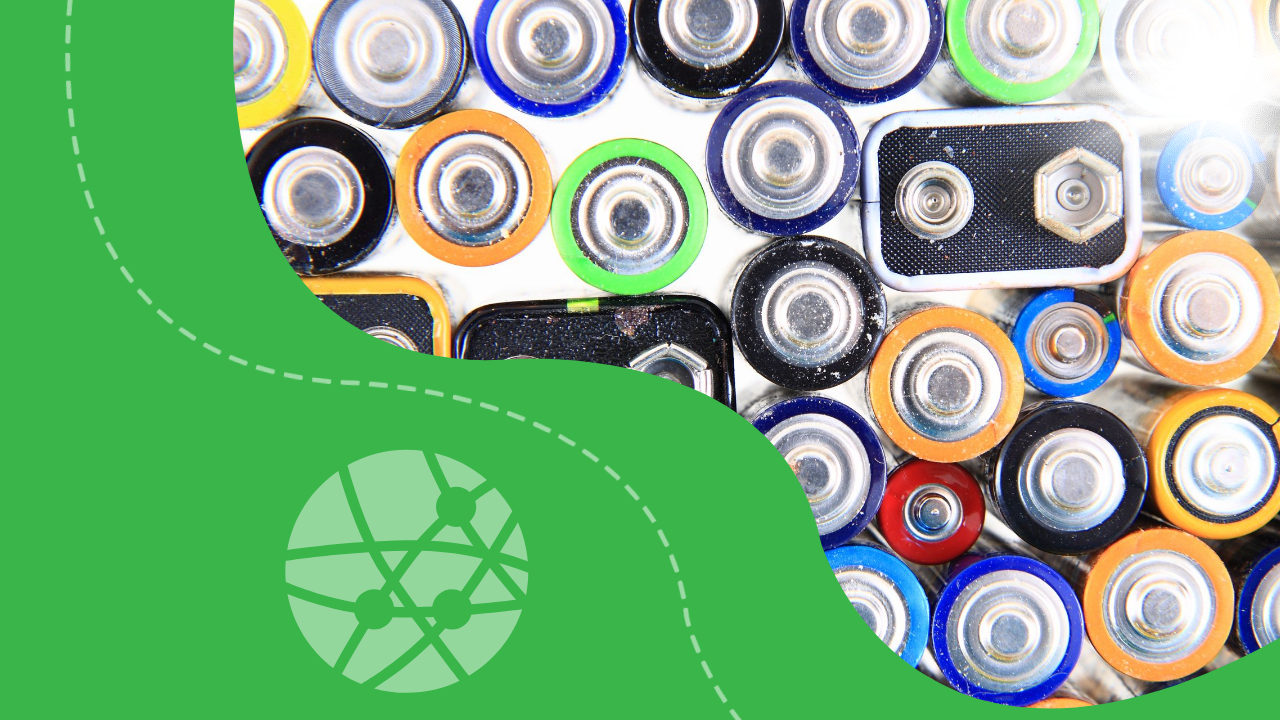“We will not open a lithium mine until the Germans guarantee that we will have clean rivers and mountains,” said Serbian President Aleksandar Vučić, emphasizing the need for dialogue on utilizing this crucial strategic resource. The Serbian government suspended the regulation for the lithium mining area two years ago after massive protests against a mine in the Jadar Valley. At the time, Prime Minister Ana Brnabić stated, “We have ended the agreement with the Rio Tinto company in Serbia.”
Four and a half years later, it appears that the agreement hasn’t completely ended. Brnabić now claims that “lithium opponents have slowed everything down,” adding that Serbia, by using lithium domestically for battery production instead of exporting it, could become a European leader for the next century. She criticized opponents, claiming their resistance aims to “destabilize Serbia.” Vučić argued that the ban on lithium mining was a “manipulative move by Western intelligence services to stop our development.”
The Serbian lithium debate has become a geopolitical issue. The discussion reignited after the adoption of the European Critical Raw Materials Act (CRMA), which includes Serbian lithium. Vučić and European Commission Vice-President Maroš Šefčovič signed a pledge for strategic cooperation between Serbia and the EU regarding the CRMA act.
Tilman Kuban, a German MP from the Christian Democratic Union Party (CDU/CSU), emphasized the importance of ensuring all project aspects are verified, viewing it as a significant opportunity for Serbia to support Europe. Vučić recently called on Germany to act as a judge in the case of lithium mining, despite numerous opinions from Serbian scientists and institutions like the Serbian Academy of Arts and Sciences (SANU) and the University of Belgrade.
Germany’s role in the lithium issue in Serbia is not new. Petar Đurčić, a researcher at the Institute for European Studies, noted Germany’s interest in Serbian lithium since the topic first arose. During her farewell visit to Serbia in September 2021, former German Chancellor Angela Merkel acknowledged Germany’s interest in Serbian lithium, given its importance for battery development and future mobility, while also stressing the need for ecological standards.
Despite the fluctuating relationship between the Serbian government and Germany, Kuban’s visit and statements could be significant, especially since the CDU has the highest approval ratings in Germany and may return to power in the next election. Đurčić explains that Kuban, supporting Bavarian Prime Minister Markus Söder as a chancellor candidate, represents a faction within the CDU.

